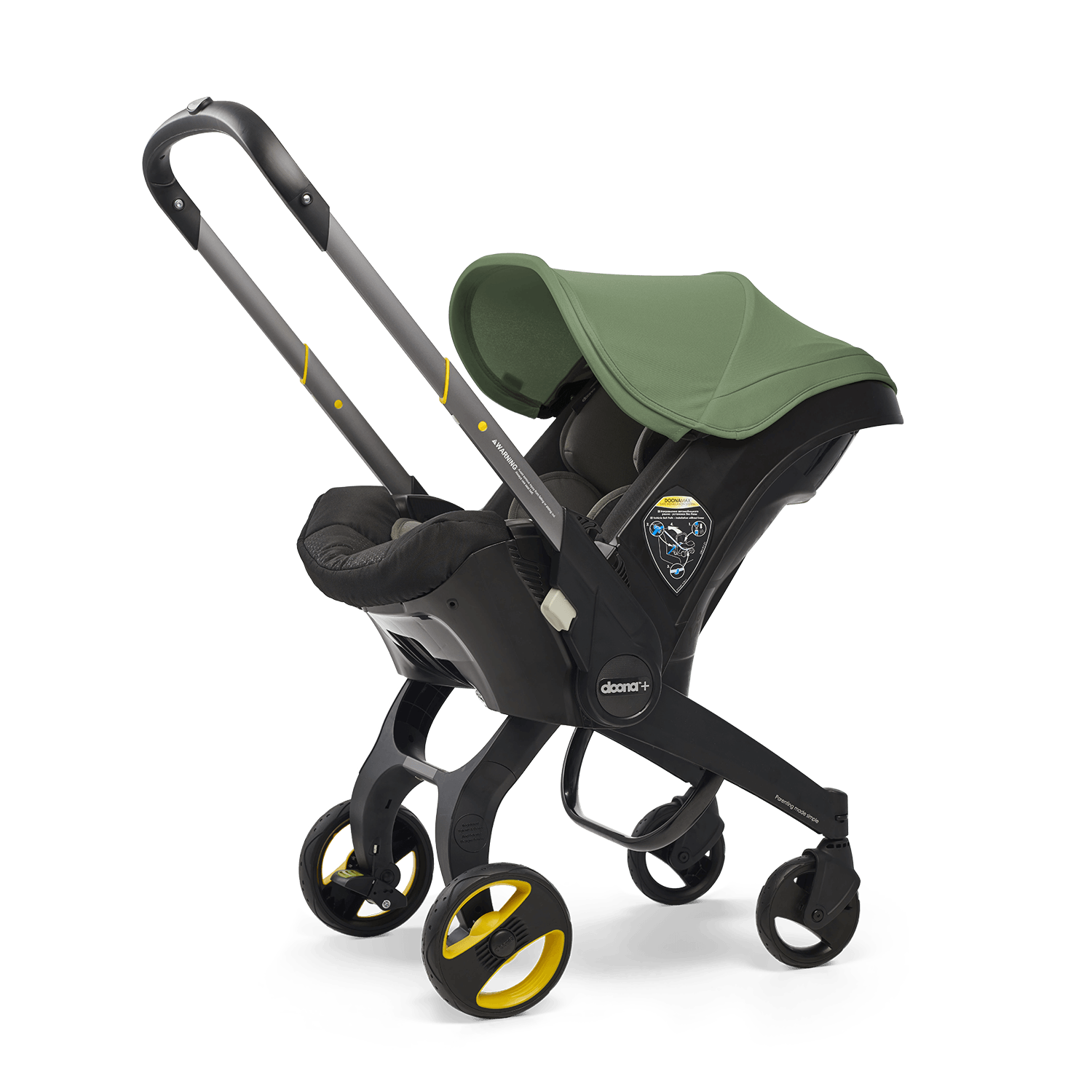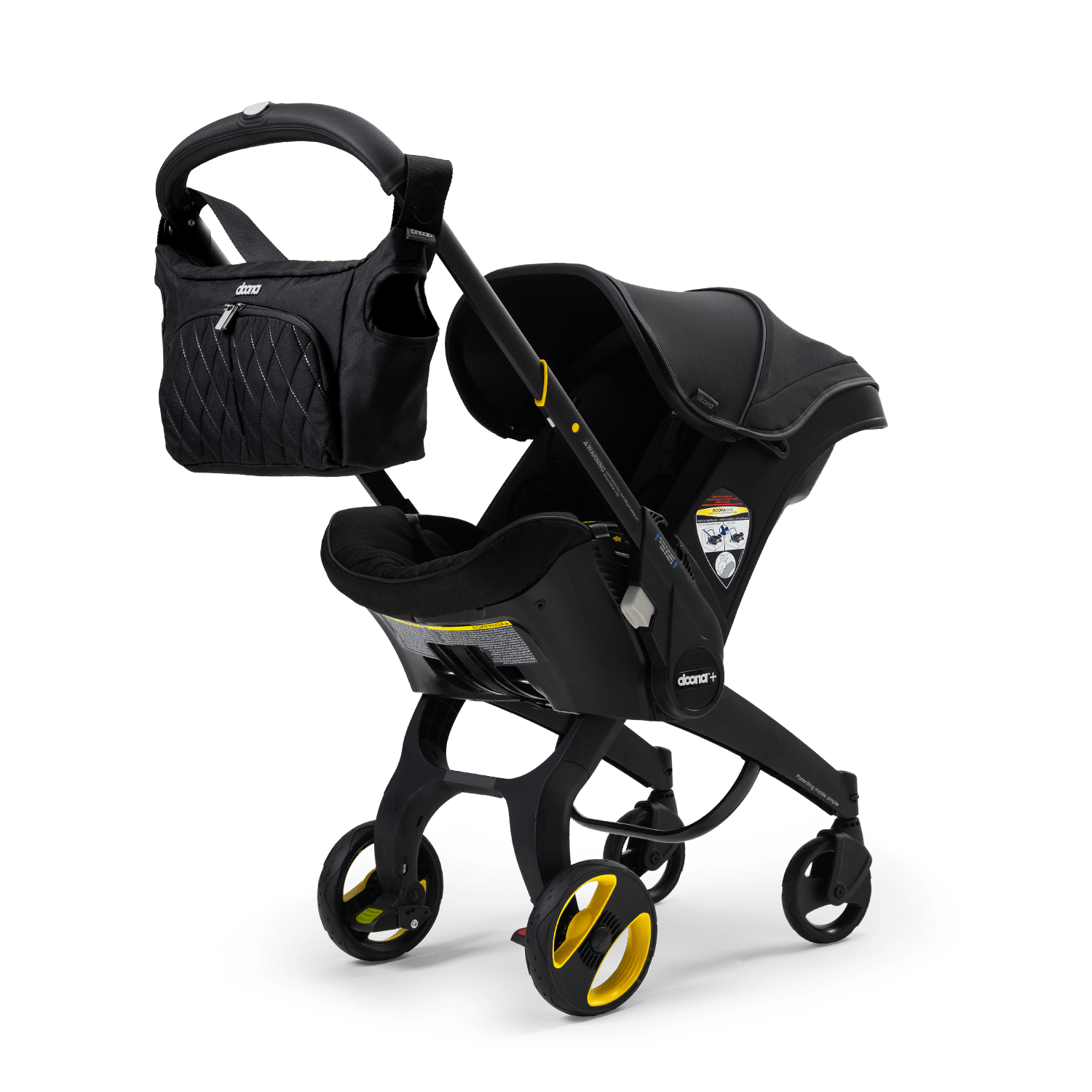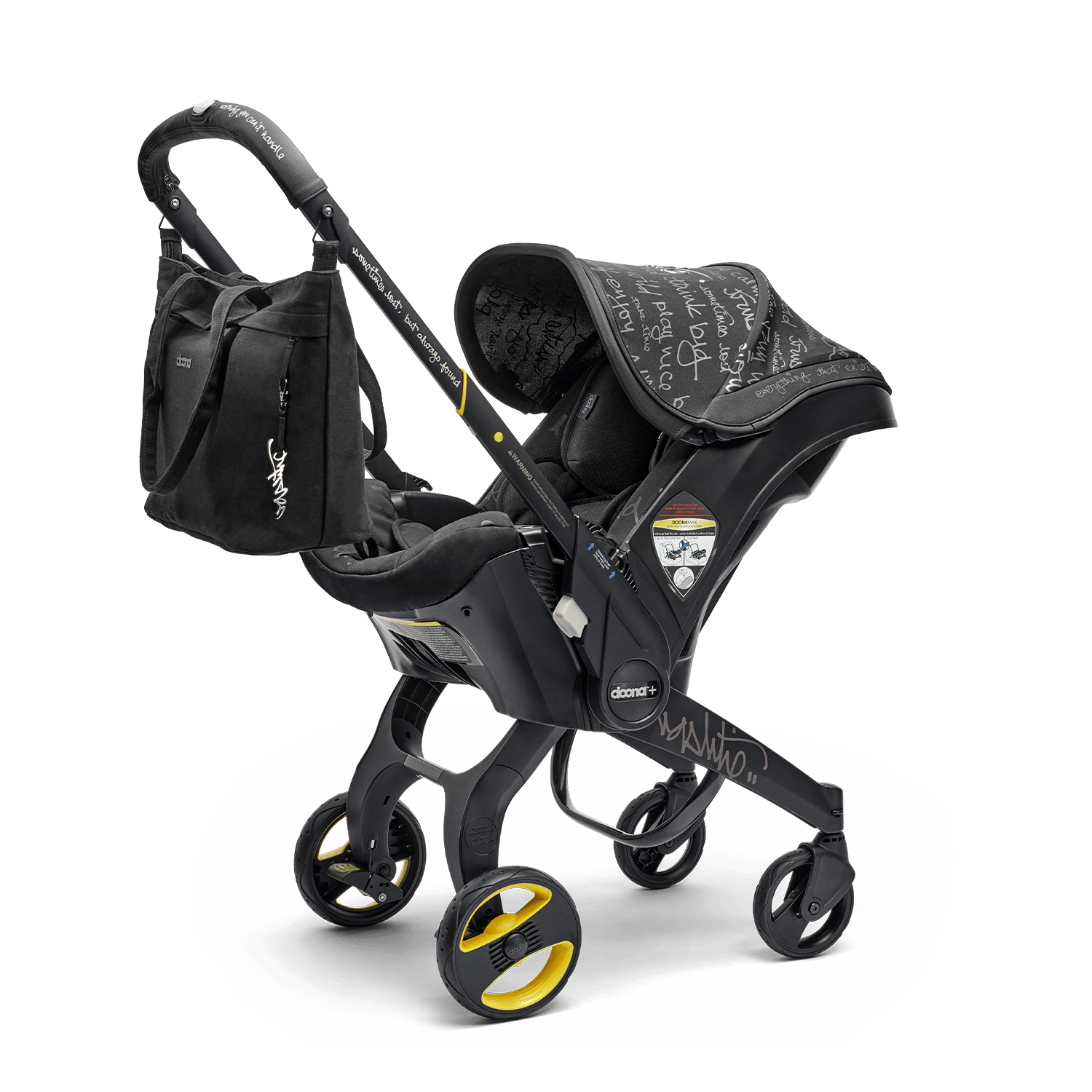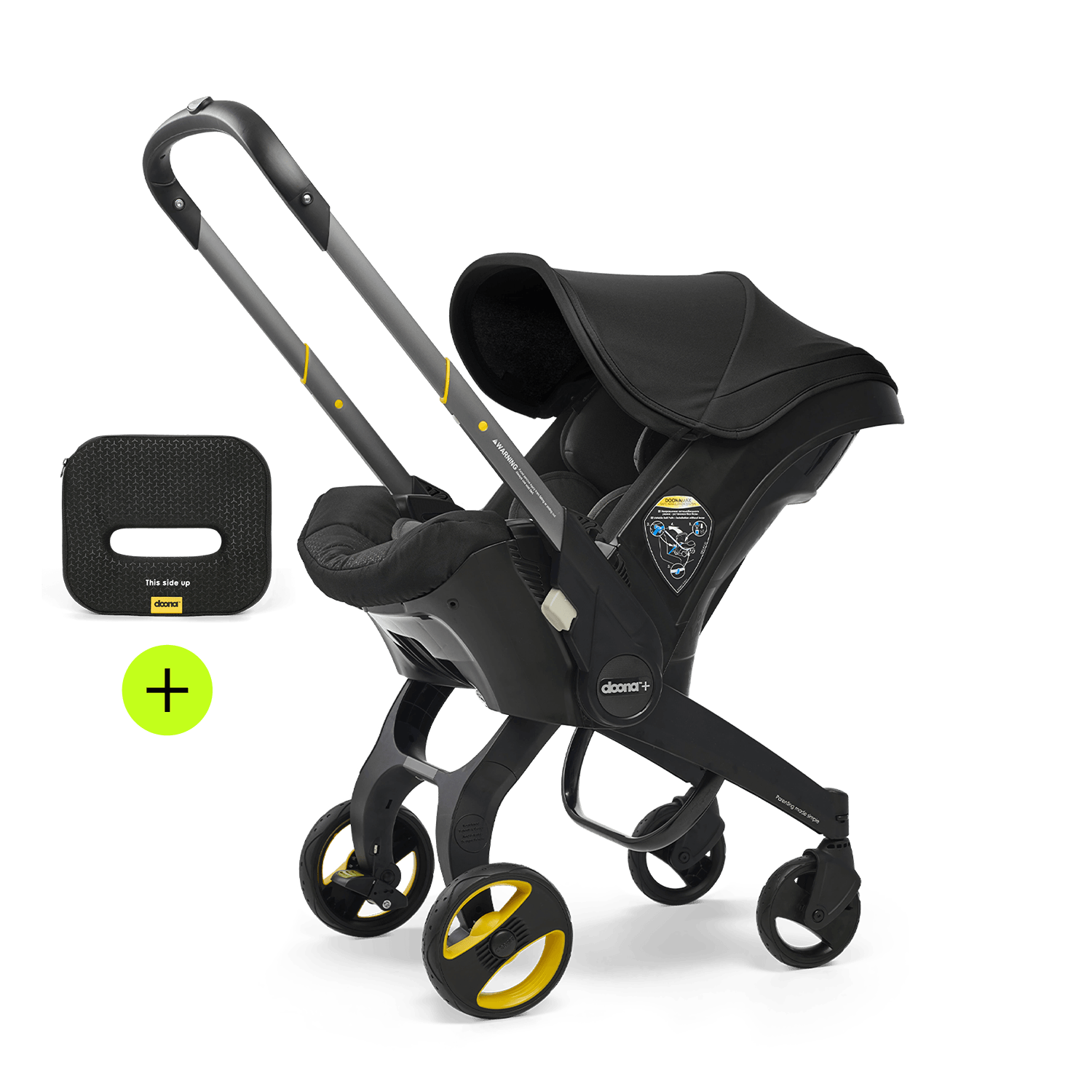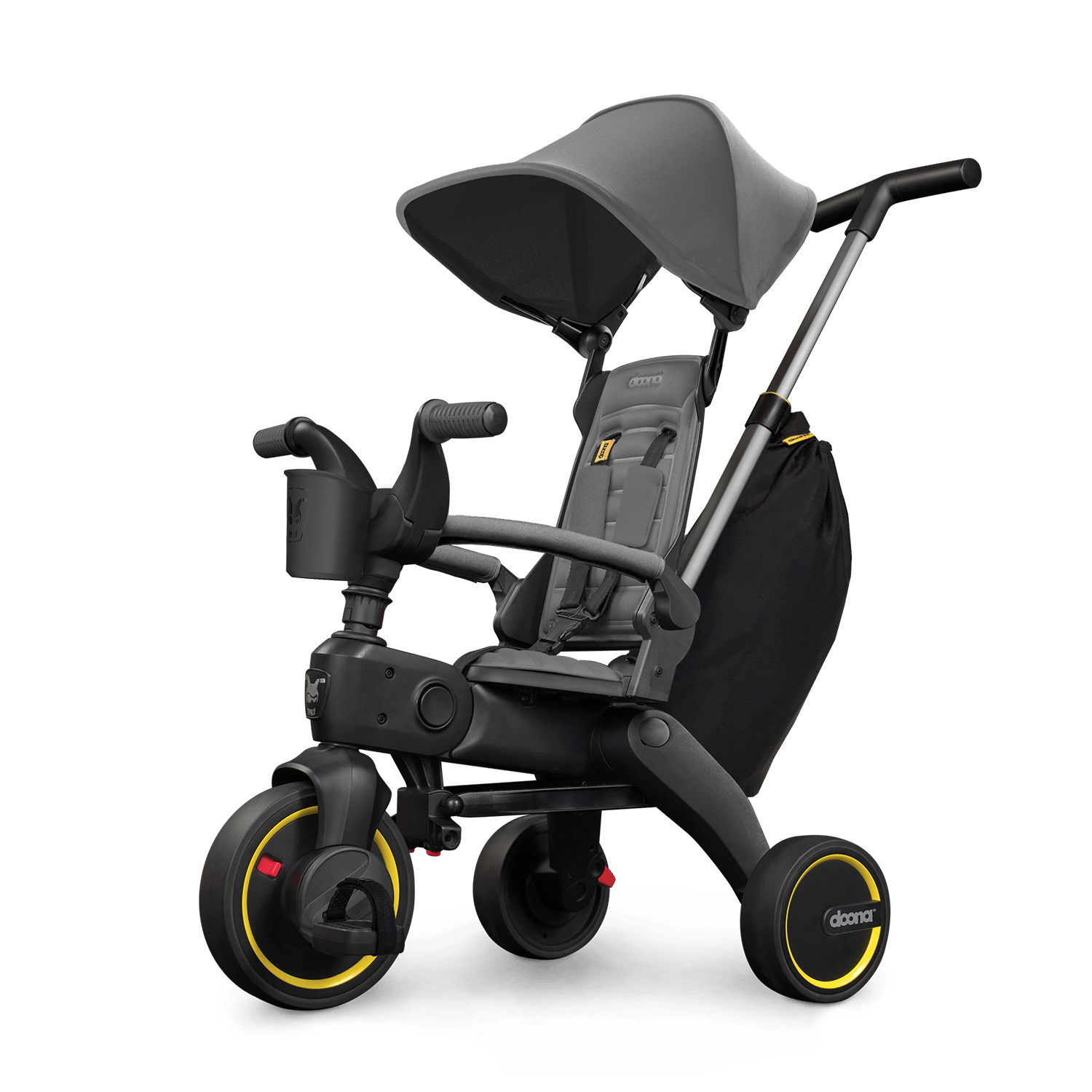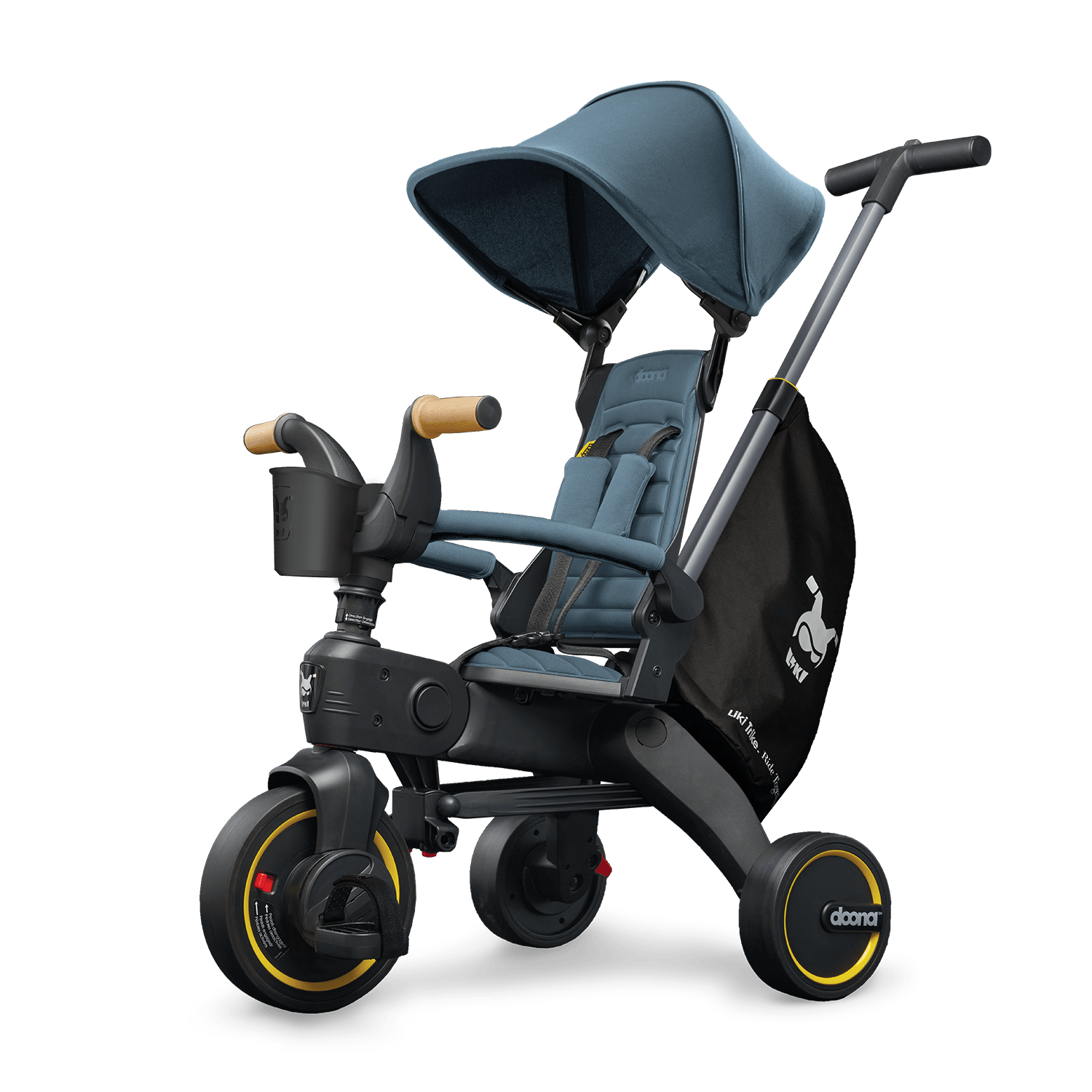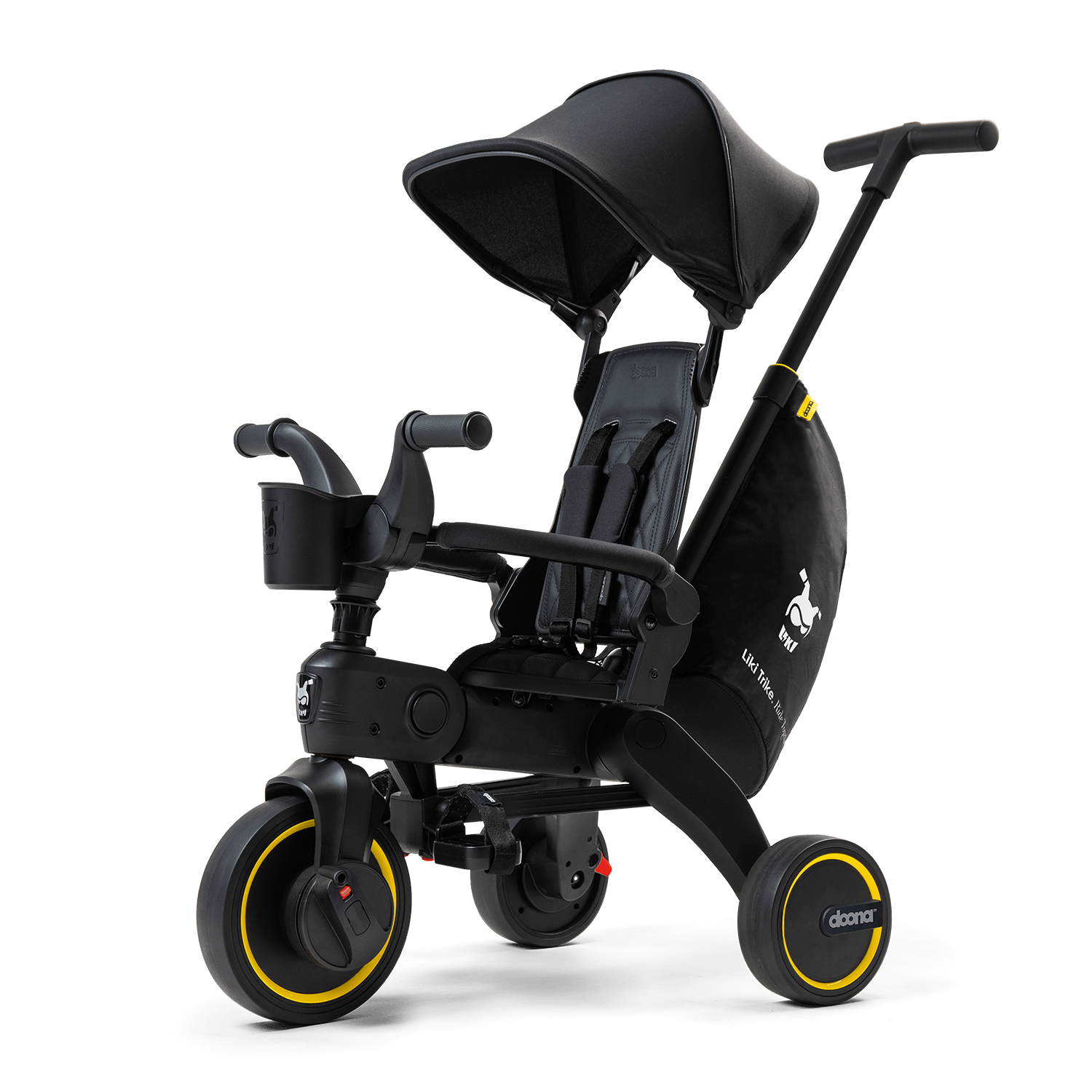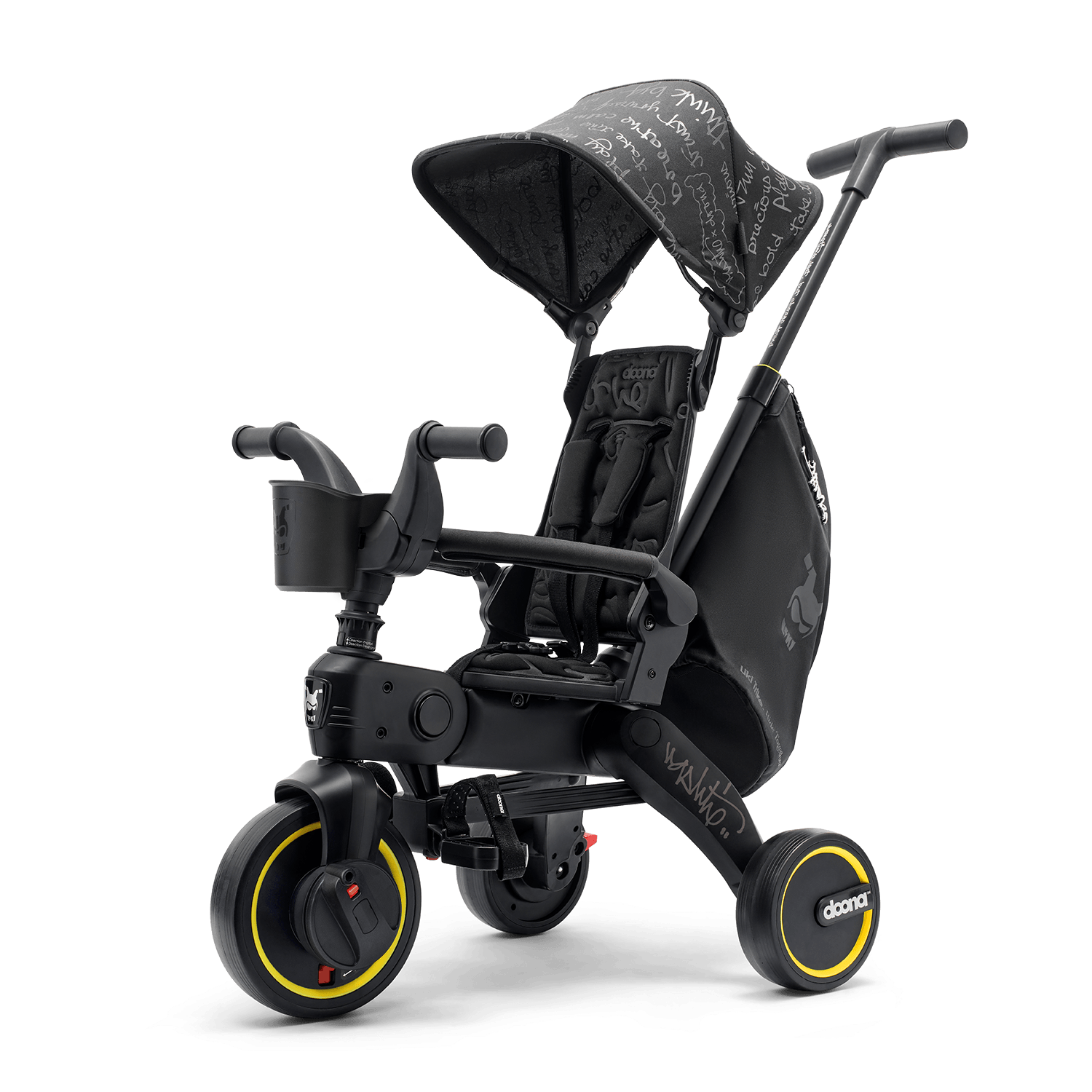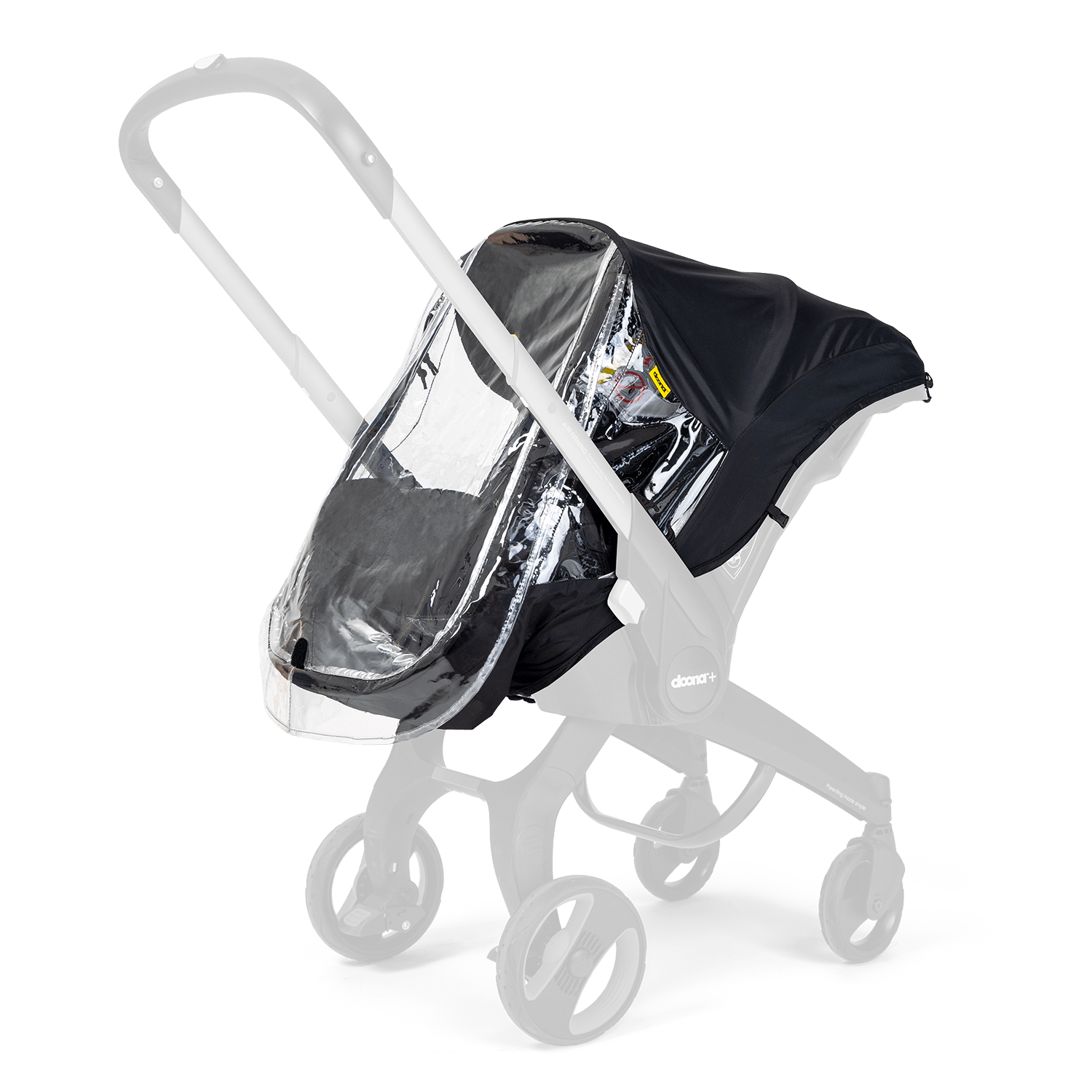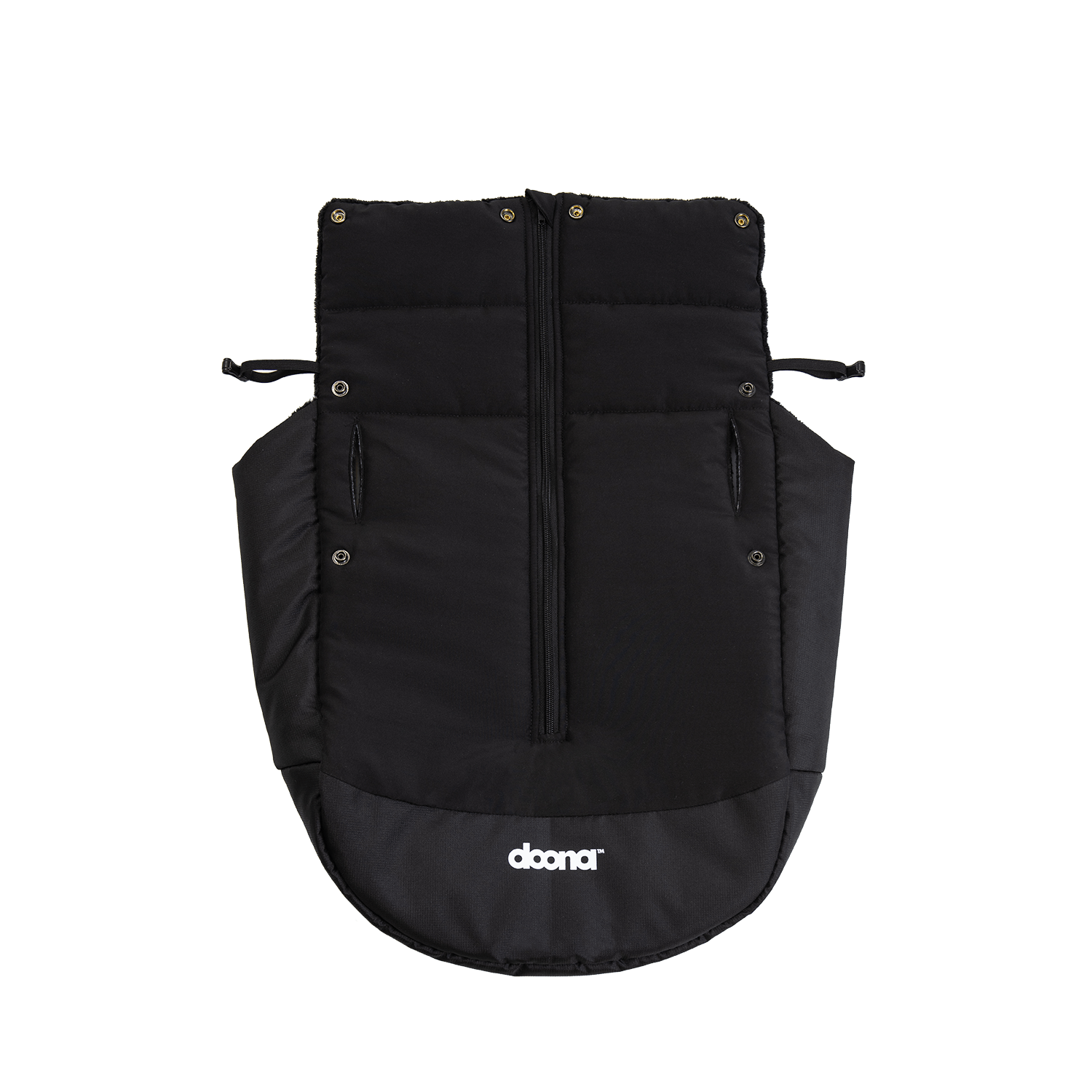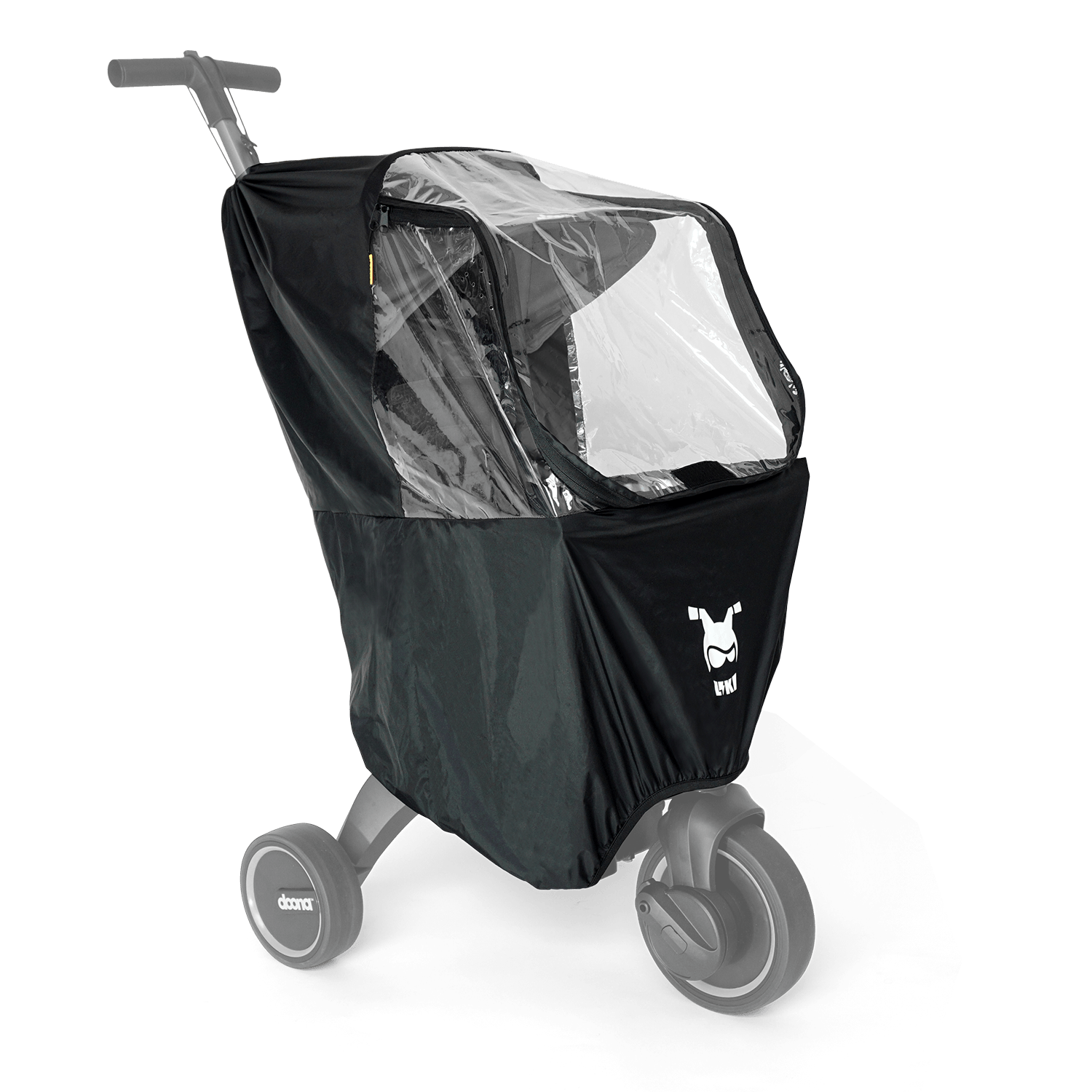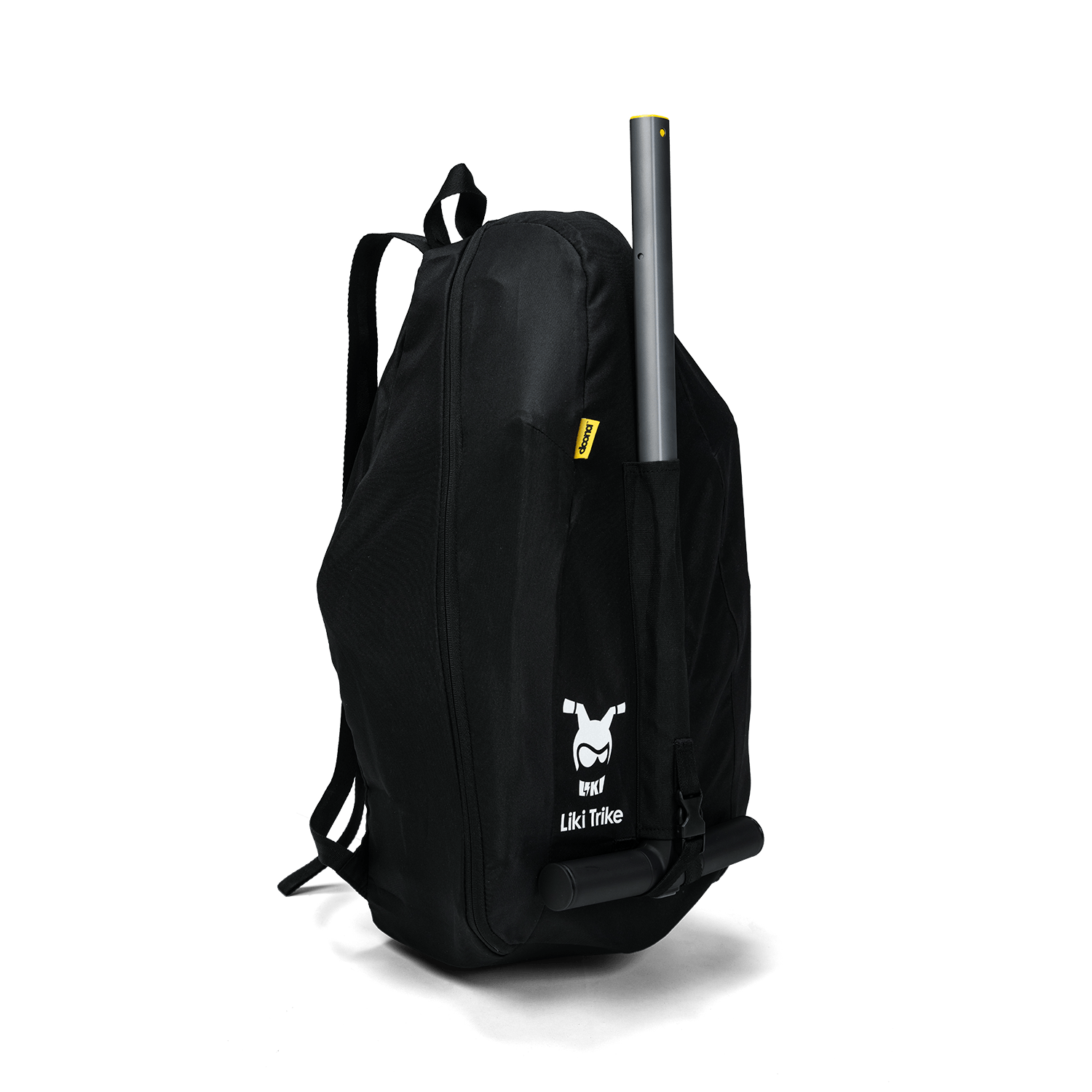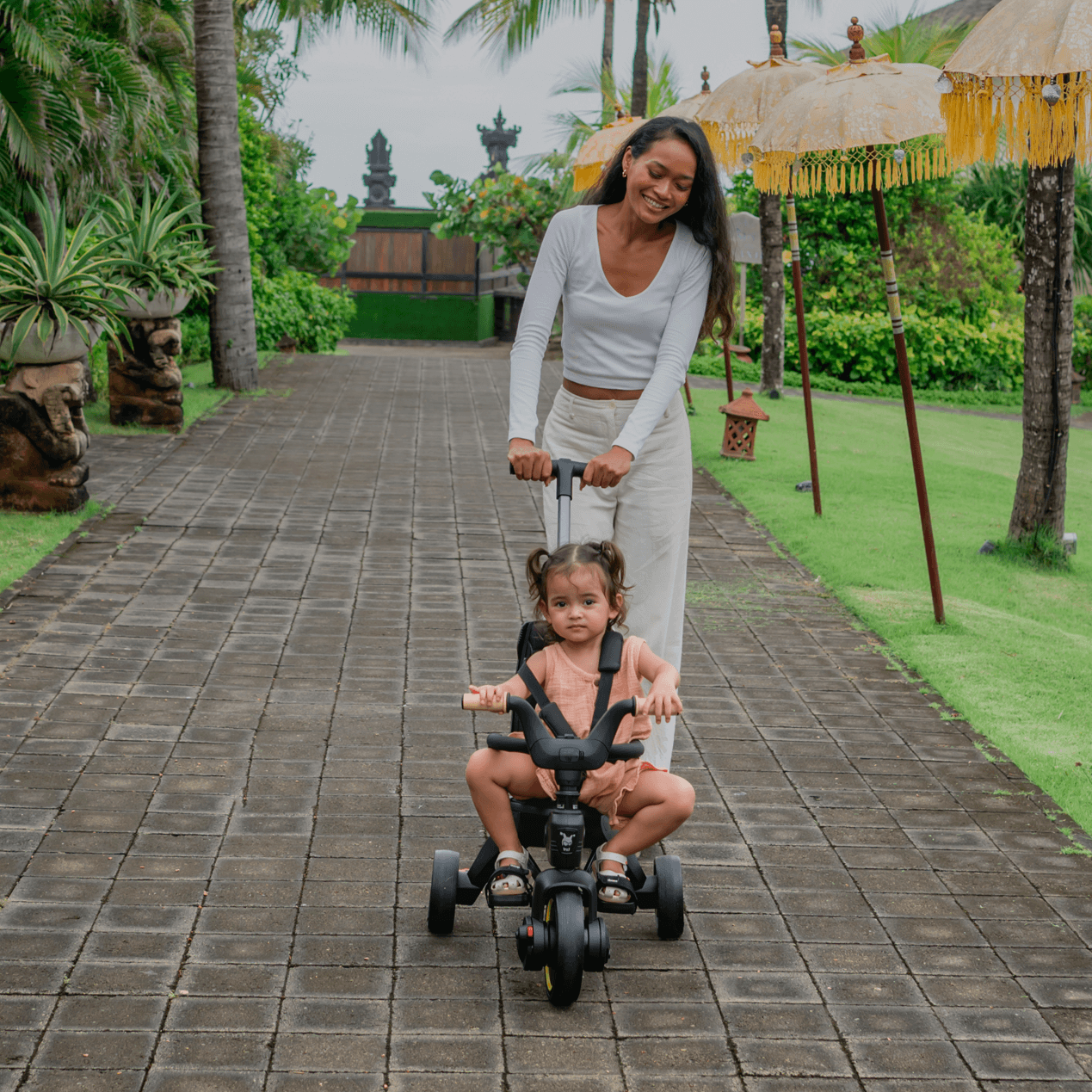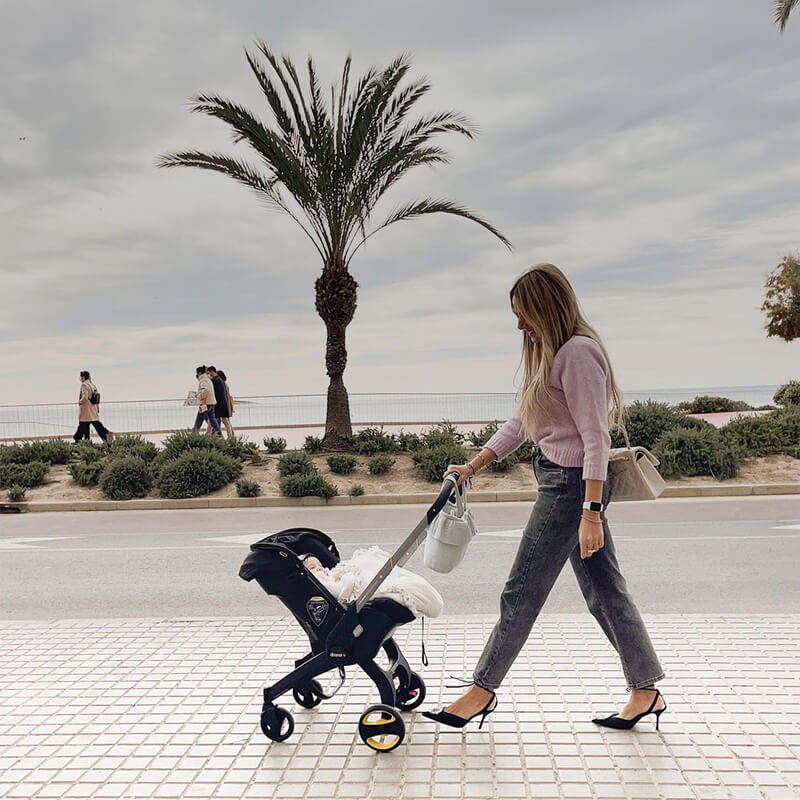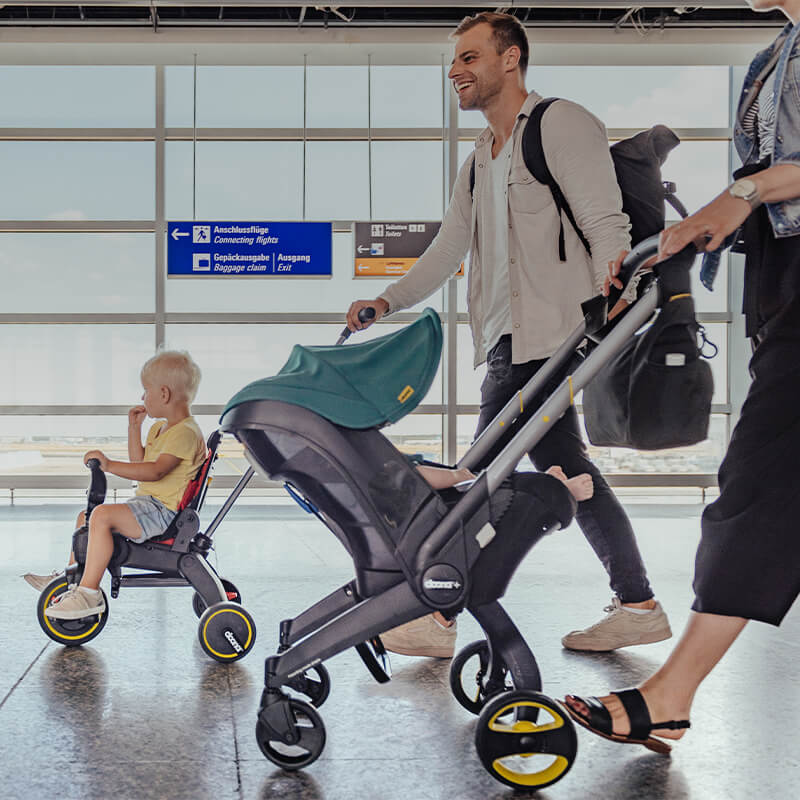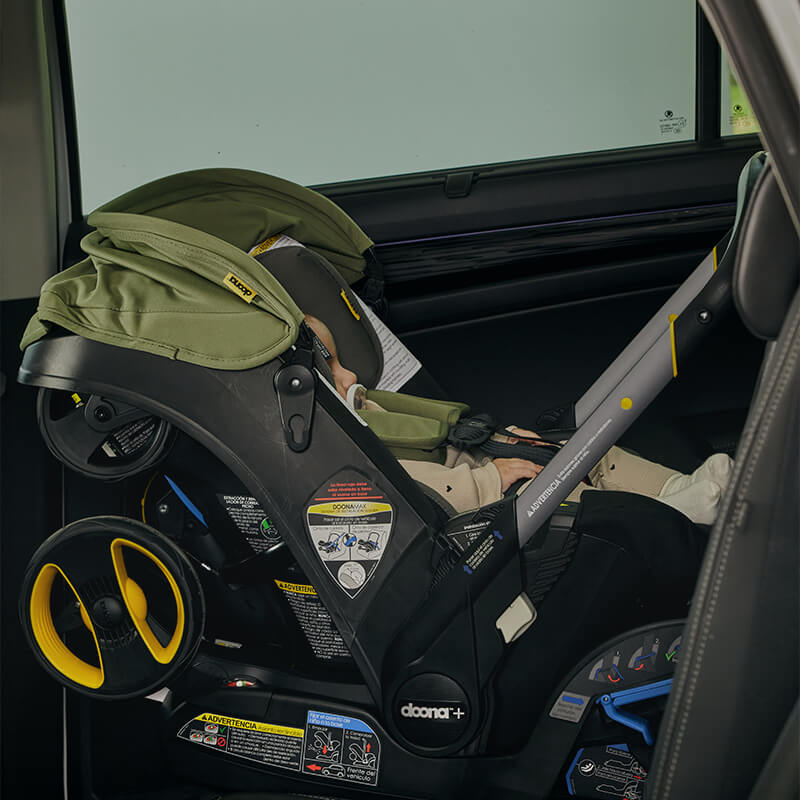Insights on Breast Cancer Awareness With Previvor Vanessa
In honor of Breast Cancer Awareness Month, we learned all about the life-changing journey of breast cancer previvor and new mom, Vanessa. In this Insights Series, she shares all about her experience with a BRCA gene mutation, the many decisions involved before and after receiving a diagnosis, her experience as a new mom previvor, advice for other women (and men!) out there who are at risk, and so much more.
Thank you for sharing your story with us! Can you tell us a bit about your breast cancer prevention journey? What led you to take action and share your journey?
Of course, thank you so much for the opportunity to share my story! It’s been a hectic few weeks with a newborn, but we are so excited to welcome him into our growing family. My breast cancer prevention journey really starts with my strong family history of both breast and ovarian cancers on my mother’s side. One by one, my mom and both of her sisters were diagnosed with breast cancer at various points in their lives. At the time, the BRCA gene, genetic testing, and prevention were not widely discussed but it was apparent that the link to breast cancer in our family was there. They each found out they were BRCA 1 carriers after their breast cancer diagnoses.
My mom’s middle sister, my Auntie Katie, was diagnosed with breast and ovarian cancer and her passing changed the course of action for me and my sisters. I was 12 when my Auntie Katie passed and I wish I could say that with time things got easier. She was a strong force in our family and her passing still impacts me to this day. I hope to carry her legacy and be a light for others who face dark challenges in their lives. Her story plays a critical role in my breast and ovarian cancer prevention journey.
"I wanted to see real scars and to know when women who had undergone this surgery started to feel more like themselves. And so, I shared the pieces of me that I craved to see online."
Even though my chances of being BRCA 1 positive were 50/50, intuitively I just “had a feeling.” I felt so connected to this disease and in my head being diagnosed with breast cancer in my lifetime just seemed inevitable. While that isn’t a healthy outlook for a teenager/20-something, I continued to live my life as usual (go to college, have fun, date, be carefree, etc). Somewhere in that timeline, my older sister Kristina found out that she was BRCA 1 positive, which further solidified in my mind that I must be too. I didn’t want to find out about my BRCA gene status until I felt “ready” to take action from there. For me, that was when I was 23 years old and I decided to go to Dana Farber Cancer Institute in Boston for genetic counseling and testing.
When I tested positive for the BRCA gene, the recommendation under 30 years of age was to start yearly breast MRI surveillance. Once I reached 30, surveillance would increase to every 6 months and alternate between a breast MRI and mammogram. So, I started to share bits and pieces of my story through my surveillance journey and from fundraising for marathons (more on the marathon piece below)!
It wasn’t until a few months before I would undergo a prophylactic double mastectomy that I would be more vulnerable and share even more of my journey via Instagram on my page @brcababeboston. I wanted to show the real and raw pieces of my journey that I wanted to see while I was contemplating surgery and going through yearly surveillance. I wanted to see real scars and to know when women who had undergone this surgery started to feel more like themselves.
And so, I shared the pieces of me that I craved to see online. Some of my posts are for comedic relief, many of them are meant to be informative, but most of what I share is intended for the next woman who finds herself in similar shoes. To me, being a BRCA babe means being vulnerable, it means creating space and being a friend to someone who is going through the unimaginable, it means showing others that life after a BRCA diagnosis can still be beautiful.
For those unfamiliar, can you explain what BRCA is and what it means for women who have a BRCA1 gene mutation?
The science behind the BRCA gene is truly fascinating to me! To clarify, everyone has the BRCA gene. This gene is a tumor suppressor, which means it works with your body by producing a protein to prevent cancer cells from growing and dividing too quickly. We all inherit these genes from our parents, which is why you see BRCA1 and BRCA2. The BRCA gene mutation can be inherited from either your mother or your father. Fun fact: My mom and both of her sisters inherited their BRCA1 gene mutation from their father, which is why it’s so important for men to get tested too!
For those like me who have a BRCA1 gene mutation, that means somewhere that gene is broken and cannot work to repair damaged cells as quickly. Because of that broken gene, cancer cells can pass through more easily and with that comes an increase in cancer risks such as breast, ovarian, pancreatic, prostate, and melanoma cancer.
What I want you to know if you hear the words “you’ve tested positive for the BRCA gene mutation” is that it’s okay to feel upset. Those feelings are totally valid. With those words comes a wave of emotions and decisions that need to be made about your body somewhat quickly. Next thing you know you’re presented with screening options, family planning, surgery options and it all just feels like too much. You are not alone in feeling this way, and there is a whole community here for you, to help you navigate what feels best for you!
Can you speak a little about your decision to undergo a prophylactic double mastectomy and the many other decisions involved? What role did your community play in these decisions?
I received a phone call from my genetic counselor that I had tested positive for the BRCA1 gene mutation on my 24th birthday. While this news was not how I wanted to spend my birthday, it was a blessing in disguise. For six years I went to Dana Farber in Boston for routine breast MRIs. Whether by chance or coincidence, my appointments always seemed to fall within the month of October (Breast Cancer Awareness Month). There is something widely known within the breast cancer community as scanxiety, which is the anxiety and stress leading up to, during, and after a medical scan. I knew this feeling all too well, and so, my now husband and I always treated ourselves to a nice dinner after each scan and this gave me something to look forward to while I was in the MRI machine.
After our wedding in 2021, I felt ready to undergo a prophylactic double mastectomy, but with that came many challenges. The first challenge was that I felt like I was racing against the clock. For women with a BRCA gene mutation, the recommendation is to undergo a risk-reducing surgery ten years from when your mother (or closest known family member) was diagnosed with breast cancer. My mom was first diagnosed with breast cancer when she was 40, so I knew that at around 30 years of age, I felt at peace with the decision to undergo surgery before we started our own family planning.
Another obstacle was that, due to the pandemic, there was a major backup in all elective surgeries and since I didn’t have cancer, my surgery date would be pushed out pretty far. During that in-between period, which was most of 2022, I took my time and interviewed my team of surgeons that I felt most comfortable with for both the mastectomy and breast reconstruction.
In 2016, I had witnessed my sister Kristina undergo the same surgery while also being a mother to my niece who was a toddler at the time. I saw the emotional toll this took on my sister when she wasn’t able to hold my niece or lift her for bedtime stories/snuggles. I knew that when it was my time for surgery, I didn’t want to have children beforehand. This decision also coincided with breastfeeding. For my own mental health and well-being, I wanted to be able to eliminate the ability to breastfeed my children so that I didn’t know what it felt like. For me, it was easier to not know what breastfeeding felt like than to wait even longer after having children to undergo surgery and potentially risk a breast cancer diagnosis beforehand.
What were some of the biggest emotional and physical challenges you faced along the way?
For me, I think the most challenging part of being BRCA positive was the surveillance phase of my journey. Waiting once a year to know whether I was “in the clear” carried such a heavy mental load and I felt like I was a prisoner in my own body. I questioned SO many things that felt like they were out of my control. From feeling like the things that I ate or drank could give me cancer or hyper-fixating on accepting my body post surgery, I felt consumed by my BRCA gene mutation. Many of you have probably heard of “feel it on the first” where it’s your monthly reminder to do your self breast exam. There were many instances where I was feeling my breasts multiple times a week just to make sure there were no lumps or abnormalities.
During the surveillance phase of my journey, I had a difficult time conceptualizing when the “right time” was to have surgery. No one told me exactly when to have surgery which, with an 87% risk of developing breast cancer, those odds were not in my favor. Maybe someday there will be better guidelines for previvors backed by research and data with a personal risk assessment that will pinpoint a window of time when the ideal risk-reducing surgery should take place.
While most of my challenges were emotional, there were some physical challenges as well. I consider myself a very active person, I love to move my body in ways that challenge me. I had fears of not being able to enjoy some of the same activities with my new body (I am happy to report that I enjoy all of the same activities, but I can’t open a jar of salsa to save my life). I am learning to accept and love my new body. Most days I feel great and I think about everything my body has overcome in the last year, especially now that I have just given birth! But there was a lot of fear pre-surgery around loving my body and whether I would be capable of that again.
"I think it’s important for everyone to know their family’s health history, not just for BRCA, but for all health concerns. There are so many different genetic mutations that can put you at a higher risk for a number of different cancers, so talking to your family and understanding those potential risks is crucial."
What would you say to women who do not yet know if they have the BRCA1 gene mutation? Or those who believe they might be at a higher risk for breast cancer?
Honestly, in general, I think it’s important for everyone to know their family’s health history, not just for BRCA, but for all health concerns. There are so many different genetic mutations that can put you at a higher risk for a number of different cancers, so talking to your family and understanding those potential risks is crucial.
Then, when you are ready, meet with a genetic counselor. This step was so vital in my journey and I am so grateful to have had that experience rather than taking a blood test and calling it a day. Being able to sit down with a genetic counselor and review my family’s health history together really put into perspective what my personal cancer risk could be. After you meet with a genetic counselor, they may send you to the lab where you will give a blood panel based on what you could be a risk for, so that it’s really tailored to YOUR health.
If you have a family history of breast cancer, then you must be your own best advocate. Unfortunately, no one is going to hold you by the hand and tell you step by step exactly what you should do. That’s why it’s also so important to understand your body and to know your normal. If something looks or feels off, then it’s time to take action and speak up.
What would you say to women who were recently diagnosed with a BRCA1 gene mutation and are feeling scared or overwhelmed as they decide their next steps?
If you’ve just heard the words “you have tested positive for a BRCA1 or BRCA2 gene” my heart goes out to you and I know you have a lot on your plate right now. There are so many questions to be asked and it feels like you have no answers to give. You are in the thick of it, but you will find yourself on the other side of this. I found comfort in knowing that I was always BRCA1 positive, but now I know my risk and there is so much power in that knowledge! You have so much more power and control than you think you have, hone in on that power! I think back to the previous generations of women before me who didn’t have the same opportunities that we now have today and I even get excited about the future of BRCA! A BRCA diagnosis is heavy and there will be challenges that come up. There is a whole community here for you waiting with open arms to accept you and ready to lift you up! You are not alone.
What you are going through right now is heavy and you don’t need to have it all figured out right this second. I know it feels like you have a ticking time bomb in your chest, but allow yourself to take a deep breath and tackle one decision at a time, one day at a time. Know that you have OPTIONS for your health. If you decide that a prophylactic double mastectomy is your best next step, interview plastic surgeons and choose someone who listens to you! Trust your gut. If you feel like you aren’t being listened to or are being pushed in one direction, go for a second or even third opinion.
And when you are ready, my biggest piece of advice is to share your story! Your voice and your story are unique, and we need more previvors to speak out on their experiences. You don’t need a huge stage and some bright lights to share your story. Find an outlet that works for you (social media, writing, voice memos, podcasts, blogging, etc.) and make that leap. You never know who is listening and may need to hear exactly what you have to say.
"I think it’s safe to say that we are all aware that breast cancer exists, but what are we collectively doing to advocate for research, education, early detection, and access to equitable healthcare for ALL women?"
Were there any self-care practices that helped you during your journey, and how did they impact your well-being?
When most people think of self-care, you may think of getting your nails done, a face mask, journaling, getting outside, etc. Call us crazy, but in my family, it has become common practice to sign up for a marathon as a form of self-care (although it’s more like self-torture… IYKYK). Right before my sister was planning to undergo her prophylactic double mastectomy, we decided to cross off a major bucket list item on our list and run a marathon. My sister Kristina had received an email from Bright Pink in Chicago to join their team and raise money for young women who were at high risk for breast cancer and ovarian cancer. She wanted to feel strong heading into the OR and adopted the mindset of “Well if I can run 26.2 miles, I can confidently walk into the OR for my double mastectomy.” To that I responded, “Well, you aren’t doing it alone.”
And so, we gathered some brave friends and raised over $30,000 for Team Bright Pink and ran the arduous 26.2 miles throughout Chicago. But the “self-care” didn’t stop there…In 2018, we found ourselves at the starting line of the New York City Marathon in Bright Pink singing to the sound of “New York, New York” by Frank Sinatra. My sister had completed her risk reducing double mastectomy and I was newly diagnosed as a BRCA babe.
Fast forward five years and the “self-care” marathon bug struck again, but this time in my home city and with a full circle moment. Once my surgeries were in the books for 2023, I knew I needed a distraction for the waiting period leading up to the OR. So, I found myself filling out a Google Form for the Dana Farber Marathon Challenge team in hopes to make it on their charity team for the 2023 Boston Marathon. Not only had I dreamed of someday running the Boston Marathon, but what better way to honor this historic race than to raise money for the very organization that played a role in my family’s cancer journey.
Training for a marathon is no easy feat, but like my older sister, I knew that if I could cross the finish line, then I too could enter the OR confidently for my risk-reducing double mastectomy. The Boston Marathon was the ultimate victory lap and one of the most rewarding experiences of my life. Having a purpose in the months leading up to surgery fueled a fire within me and allowed me to feel mentally and physically strong.
While training for and running marathons may or may not be your cup of tea, my message to you is to take on something that challenges you! Not only will the challenge be a welcoming distraction, but you’ll feel so good knowing that you can do hard things.
What does Breast Cancer Awareness Month mean to you personally, and what message do you hope others take from it?
Breast Cancer Awareness Month brings up a lot of varying emotions for me. On the one hand, it’s a yearly reminder to support organizations and causes that are doing remarkable work in the field in hopes to get closer to a cure. On the other hand, I would love to see us moving towards advocacy as opposed to awareness for the month of October. I think it’s safe to say that we are all aware that breast cancer exists, but what are we collectively doing to advocate for research, education, early detection, and access to equitable healthcare for ALL women?
If you decide to make donations this October, my message to you is to make sure you know specifically where your money is going. Align yourself with organizations and brands that promote healthy lifestyles and don’t just blindly trust that if something has a pink ribbon slapped on it, then it must be going towards breast cancer research or patients. Be a conscious consumer and/or volunteer for an event that supports breast cancer patients & families!
Vanessa is a mom, breast and ovarian health advocate, and breast cancer previvor living in Boston. Stay connected with Vanessa through her Instagram handle @brcababeboston.
At Doona, we’re always trying our very best to make parenting simpler for every family. Which is also why we’ve created our innovative and revolutionary Doona Car Seat & Stroller which transforms from a car seat to a stroller in the click of a button; and Liki Trike — the most compact folding toddler trike on the market that grows alongside toddlers with five modes of use.
